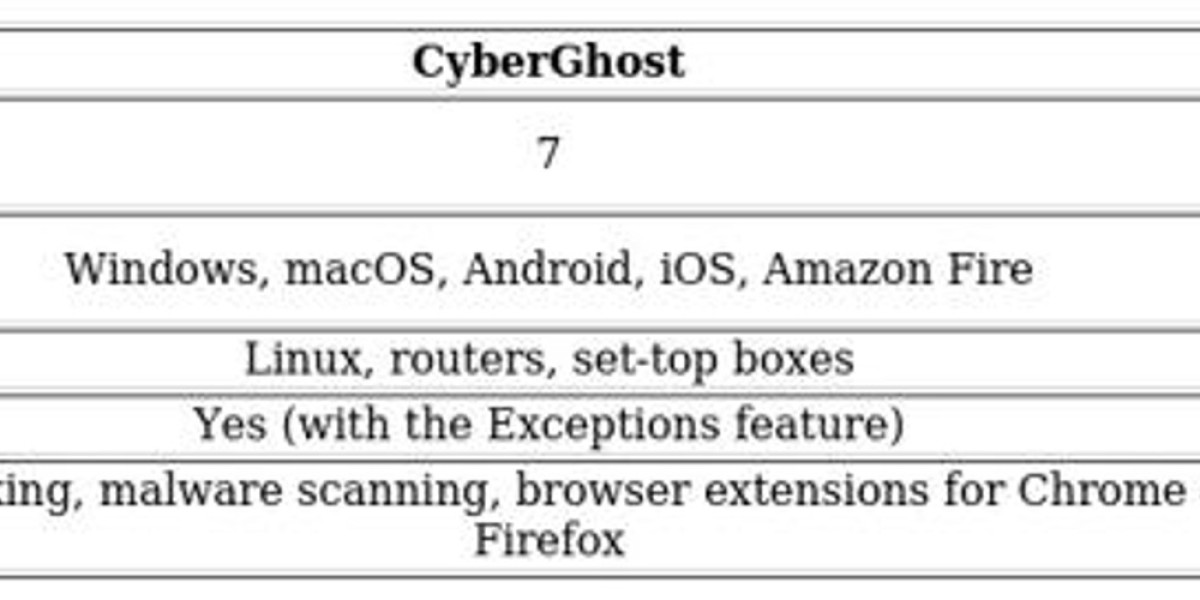In today's fast-paced world, mental health issues are more prevalent than ever. While public healthcare systems are a valuable resource, the increasing demand often leads to long waiting times and limited availability. For those who require more immediate and personalized care, private pay psychiatrists offer a viable alternative. This article aims to provide a thorough guide on finding and utilizing private pay psychiatry services, ensuring that individuals receive the support they need in a timely and effective manner.
Understanding Private Pay Psychiatry
Private pay psychiatry refers to mental health services provided by licensed psychiatrists where the patient directly pays for the consultation and treatment, rather than relying on insurance or public healthcare. This approach offers several advantages, including shorter wait times, more flexible scheduling, and a higher level of confidentiality and personalized care.
Why Choose a Private Pay Psychiatrist?
- Immediate Access: One of the most significant benefits of private pay psychiatry is the ability to see a specialist quickly. Public clinics often have long waiting lists, which can delay treatment and exacerbate symptoms.
- Personalized Treatment: Private psychiatrists can spend more time with each patient, leading to a more thorough diagnosis and a tailored treatment plan.
- Confidentiality: Private pay services ensure a higher level of privacy, as patients can avoid the bureaucracy and potential breaches of confidentiality associated with public healthcare.
- Flexibility: Private psychiatrists often have more flexible scheduling options, making it easier for patients to fit appointments around their busy lives.
- Quality of Care: Many private psychiatrists are highly specialized and have extensive experience in treating a wide range of mental health conditions, leading to better outcomes.
Steps to Find a Private Pay Psychiatrist
Research Online:
- Directory Websites: Platforms like Psychology Today, Zocdoc, and GoodTherapy offer comprehensive directories of private psychiatrists.
- Professional Associations: Websites such as the American Psychiatric Association (APA) or the Royal College of Psychiatrists (RCP) provide lists of certified professionals.
- Google Search: A simple search can yield local results, including reviews and ratings from previous patients.
Ask for Referrals:
- Primary Care Physician: Your general practitioner can provide recommendations for reputable psychiatrists.
- Friends and Family: Trusted individuals who have had positive experiences can offer valuable insights.
- Therapists and Counselors: Mental health professionals often work closely with psychiatrists and can suggest qualified specialists.
Check Credentials and Experience:
- Licensure: Ensure the psychiatrist is licensed to practice in your state or country.
- Specialization: Look for psychiatrists with expertise in the specific conditions you are dealing with, such as depression, anxiety, or bipolar disorder.
- Education and Training: Verify their educational background and any additional training they may have completed.
Consider Location and Availability:
- Proximity: Choose a psychiatrist who is conveniently located to minimize travel time.
- Scheduling: Check if they offer evening or weekend appointments to fit your schedule.
Initial Consultation:
- Initial Appointment: Most private pay psychiatrists offer a preliminary consultation to discuss your needs and determine if they are the right fit.
- Questions to Ask: Prepare a list of questions to ask during the consultation, such as their treatment philosophy, the types of therapy they offer, and their experience with specific medications.
What to Expect from Private Pay Psychiatry Services
Initial Assessment:
- Diagnosis: The psychiatrist will conduct a thorough evaluation to diagnose any mental health conditions.
- Treatment Plan: Based on the diagnosis, a personalized treatment plan will be developed, which may include medication, therapy, or a combination of both.
Ongoing Treatment:
- Regular Appointments: Follow-up appointments are crucial to monitor progress and adjust treatment as needed.
- Medication Management: If medication is prescribed, the psychiatrist will manage dosages and side effects to ensure the best possible outcomes.
- Therapy Sessions: Some private pay psychiatrists also offer therapy, or they may refer you to a therapist for additional support.
Cost and Payment:
- Fees: Private pay psychiatrists typically charge per session, and fees can vary widely based on location, experience, and services provided.
- Payment Methods: Most accept cash, credit cards, and Www.iampsychiatry.com some may offer payment plans or sliding scale fees based on income.
Frequently Asked Questions (FAQs)
How much does private pay psychiatry cost?
- The cost of private pay psychiatry can vary significantly. On average, initial consultations can range from £200 to £500, with follow-up appointments costing between £100 and £300. Factors influencing the price include the psychiatrist's experience, location, and the complexity of the case.
Will my insurance cover private pay psychiatry?
- While most private pay psychiatrists do not accept insurance, some patients may be able to submit claims for reimbursement. It's important to check with your insurance provider to understand your coverage and any out-of-network benefits.
Can I see a private pay psychiatrist if I am already under public healthcare?
- Yes, you can seek private pay psychiatry services even if you are already under public healthcare. Some patients choose to do so for faster access or more personalized care.
What should I expect during the first appointment?
- The first appointment is typically a comprehensive assessment. The psychiatrist will ask detailed questions about your medical history, symptoms, and any previous treatments. This helps them form a diagnosis and create a tailored treatment plan.
How often will I need to see the psychiatrist?
- The frequency of appointments depends on your specific needs. Initially, you may need to see the psychiatrist more frequently, especially if medication is involved. Once your condition stabilizes, appointments may become less frequent.
What if I don't feel comfortable with my psychiatrist?

- It's essential to have a good rapport with your mental health provider. If you don't feel comfortable, it's perfectly acceptable to look for another psychiatrist. Effective treatment is more likely when you trust and feel understood by your healthcare provider.
Tips for a Successful Private Pay Psychiatry Experience
Be Open and Honest:
- Share all relevant information about your mental health history, including any previous treatments, medications, and significant life events. This helps the psychiatrist make an accurate diagnosis and recommend the best course of action.
Stay Committed:
- Mental health treatment is a process. Stay committed to your treatment plan, attend all scheduled appointments, and follow the psychiatrist's recommendations for medication and therapy.
Communicate Effectively:
- If you have concerns or questions about your treatment, don't hesitate to discuss them with your psychiatrist. Open communication is key to a successful therapeutic relationship.
Evaluate Your Progress:
- Regularly assess how you are feeling and discuss any changes with your psychiatrist. This helps in making necessary adjustments to your treatment plan.
Consider Support Systems:

- While private pay psychiatry can be highly effective, it's also beneficial to have a strong support system. Family, friends, and support groups can provide additional emotional and practical support.
Finding a private pay psychiatrist can be a life-changing decision for individuals seeking immediate and personalized mental health care. By following the steps outlined in this guide, you can navigate the process with confidence and find a qualified professional who can help you achieve better mental health. Remember, taking care of your mental well-being is an essential part of your overall health, and seeking professional help is a brave and positive step towards recovery.
Additional Resources
- American Psychiatric Association (APA): www.psychiatry.org
- Royal College of Psychiatrists (RCP): www.rcpsych.ac.uk
- Psychology Today: www.psychologytoday.com
- Zocdoc: www.zocdoc.com
- GoodTherapy: www.goodtherapy.org
By taking proactive steps and utilizing the resources available, you can find the right private pay psychiatrist to support your mental health journey.







